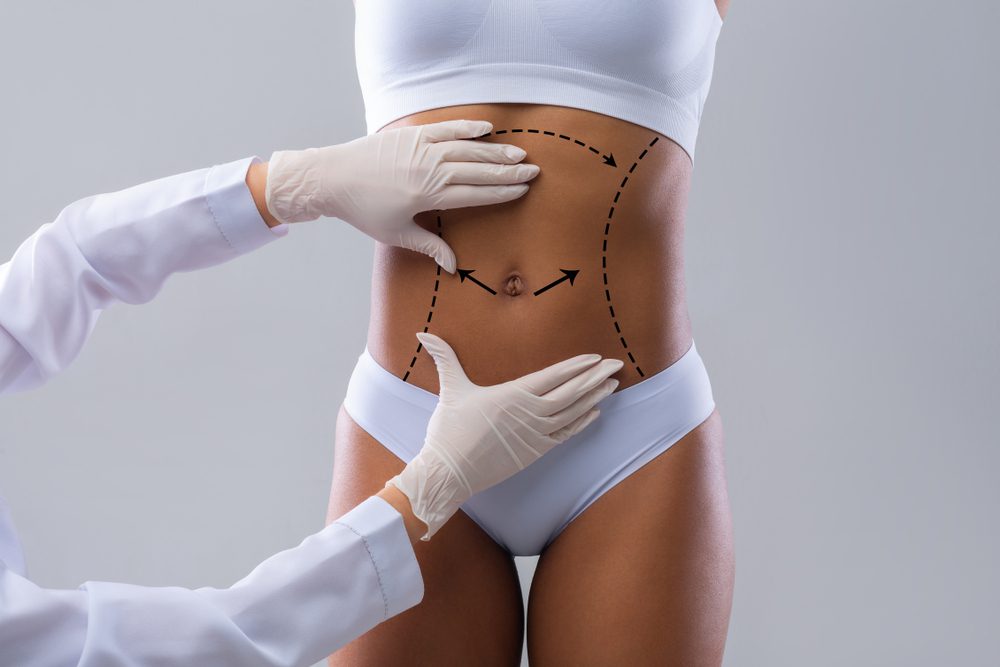Plastic surgery, a field that encompasses a wide range of cosmetic and reconstructive procedures, has become increasingly popular in recent years. While these procedures can enhance one’s appearance and boost self-confidence, it’s crucial to understand the importance of proper post-operative care to ensure a successful recovery and achieve optimal results.
1. Avoid strenuous exercise
Strenuous physical activity can put undue stress on the surgical incisions and surrounding tissues, potentially hindering the healing process. It’s essential to adhere to your surgeon’s instructions regarding exercise restrictions, which may vary depending on the type of procedure performed. Generally, it’s recommended to avoid strenuous activities for at least 2-4 weeks following surgery.
2. Resist the urge to smoke
Smoking is a detrimental habit that can significantly impede healing after plastic surgery. Nicotine constricts blood vessels, reducing blood flow to the incision sites and impairing the delivery of oxygen and nutrients essential for repair. Additionally, smoking weakens the immune system, making the body more susceptible to infections. Quitting smoking before and after surgery is highly beneficial for a smoother recovery.
3. Avoid excessive sun exposure
Sun exposure can damage newly healed incisions, causing hyperpigmentation or scarring. It’s crucial to protect your surgical sites from ultraviolet (UV) rays by applying a broad-spectrum sunscreen with an SPF of 30 or higher, even on cloudy days. Wear protective clothing, such as wide-brimmed hats and sunglasses, when venturing outdoors.
4. Refrain from picking or scratching at incisions
The urge to pick or scratch at scabs or incisions is common during the healing process; however, it’s essential to resist this temptation. Picking can disrupt scab formation, prolong healing, and increase the risk of scarring. Instead, allow scabs to fall off naturally and keep the incision sites clean and dry.
5. Avoid taking unprescribed medications
Consulting with your surgeon is paramount before taking any medications, including over-the-counter drugs, supplements, or herbal remedies. Certain medications can interact with prescribed pain relievers or blood thinners, potentially causing adverse reactions. Always follow your surgeon’s instructions regarding medication use to ensure a safe and effective recovery.
Additional tips for a smooth recovery
- Maintain a Healthy Diet: Eating a balanced diet rich in fruits, vegetables, and whole grains provides essential nutrients for optimal healing. Stay hydrated by drinking plenty of water throughout the day to support the body’s recovery processes.
- Get Adequate Rest: Allow your body to rest and recuperate by getting sufficient sleep. Adequate rest promotes healing and helps reduce swelling and discomfort.
- Wear Compression Garments as Prescribed: If prescribed, wear compression garments according to your surgeon’s instructions. These garments can help reduce swelling, promote circulation, and provide support to the surgical area.
- Attend Follow-up Appointments: Regular follow-up appointments with your surgeon are crucial to monitor your progress and address any concerns. These visits allow for timely identification and management of potential complications.
Remember, successful plastic surgery recovery requires a combination of surgical expertise and patient compliance with post-operative care instructions. By following these guidelines, you can minimize potential complications and optimize your chances of achieving a positive outcome.
This story was created using AI technology.

















